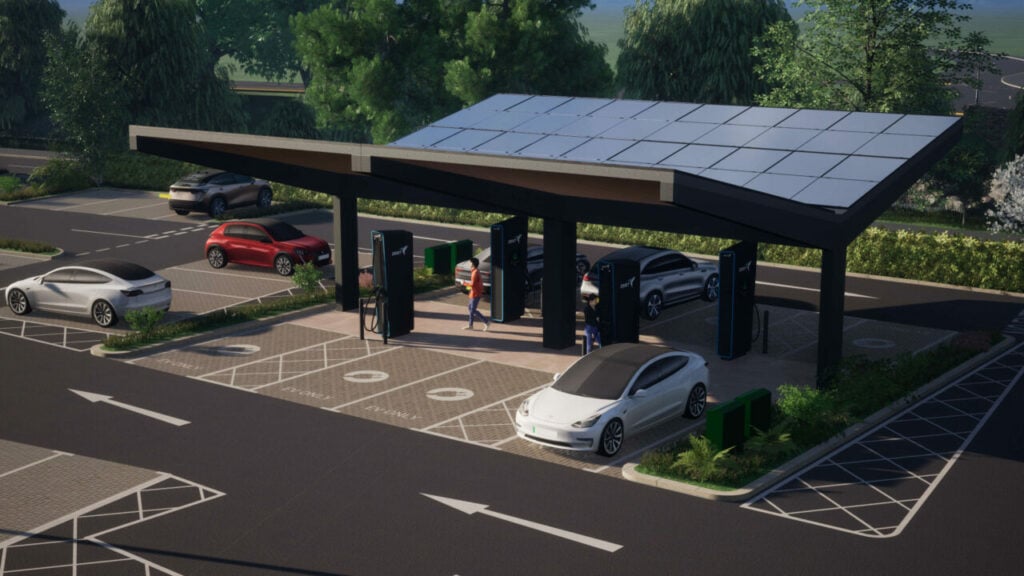Electric vehicle (EV) charging network Zest has been chosen to join the NHS Sustainable Transport and Infrastructure Framework Agreement along with a several other organisations.
Zest and other sustainability organisations such as Green Commute Initiative and char.gy have been awarded on the NHS’ sustainability framework, running from November 2023 to November 2027.
Members were chosen through a tender evaluation which monitored performance and user satisfaction on an ongoing basis.
Zest itself aims to work on long-term EV charging solutions, supported by the government-sponsored charging infrastructure investment fund (CIIF).
The company is also well set up for partnering with large-scale organisations, as it recently worked with Transport for London to provide comprehensive rapid charging on the TfL road network.
Robin Heap, Zest CEO, said: “More than any other organisation in the UK, the NHS has the potential to lead the transition to EV by harnessing the sheer abundance of its car parks and fleets.
“This framework enables Zest to support the NHS and wider public sector in lowering their carbon output, improving local air quality and helping to make the EV transition easier for everyone.”
A greener NHS
The NHS has been diversifying its energy resources and introducing EV technology into its infrastructure steadily over the past few years.
One of the first examples was its exploration of vehicle-to-grid (V2G) technology with Indra in October 2022.
The project revealed that the NHS was able to reduce its peak hour use electricity costs by £90 a month, thanks to an average reduction of 6p/kWh, which is a saving of around £1,075 per annum, according to Indra.
More recently, Nottingham University Hospitals NHS Trust (NUH) partnered with E.ON in September 2023 to deliver a 15-year energy efficiency programme.
This programme already begun work on Queen’s Medical Centre (QMC), creating a geothermal heating and cooling system and installing energy saving windows and smarter building controls.






